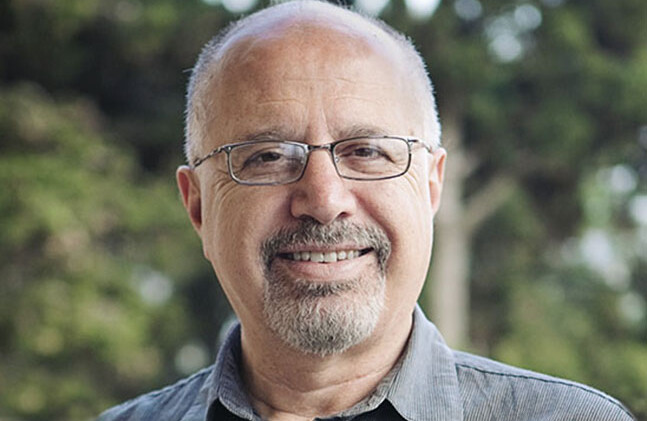Framing ethical perspectives
Multilateralism refers to a group of nations working together for a common goal. It is at the heart of international relations as nation-states form alliances with like-minded countries to take on global issues, such as climate, emerging technology, inequality, and collective security. Carnegie Council sees multilateralism as essential to generating solutions to global problems and a critical component of an ethical present and future.
Featured Multilateralism Resources
Inclusivity, AI & climate governance, and more
FEB 27, 2024 • Video
A Carnegie Council Conversation with the UK Home Secretary
MAR 28, 2024 • Video
Unlocking Cooperation: The Global South and Global North
In the inaugural panel of the "Unlocking Cooperation" series, Ramu Damodaran leads a discussion on forging a path forward for Global South/North collaboration.
OCT 18, 2023 • Video
Unlocking Cooperation: A Global Ethics Day Special Event
In this keynote event for Global Ethics Day 2023, Carnegie Council President Joel Rosenthal led a conversation on the psychology behind cooperation; ways that states, institutions, ...
Subscribe to the Carnegie Ethics Newsletter for more on ethics and international affairs
Related Initiatives
Model International Mobility Convention
The primary goal of the Model International Mobility Convention (MIMC) is to formulate new rules for migration and asylum that can benefit both migrants and refugees as well as their states of origin, transit, and destination.
Carnegie Ethics Accelerator
The Carnegie Ethics Accelerator is a new kind of incubator designed to empower ethics in the face of swiftly evolving challenges in technology and public policies.
Explore Our Multilateralism Resources
DEC 3, 2010 • Podcast
Global Ethics Corner: Interests or Values: The West and Israel
Western support of Israel demonstrates a clash of interests and values. Israel is a key U.S. ally, yet its policies towards Gaza and the ...

NOV 17, 2010 • Podcast
Atlantic: Great Sea Battles, Heroic Discoveries, Titanic Storms, and a Vast Ocean of a Million Stories
Master raconteur Simon Winchester tells a series of gripping and little-known tales of the Atlantic, the ocean he calls "the inland sea of modern civilization."
NOV 8, 2010 • Podcast
Monsoon: The Indian Ocean and the Future of American Power
Robert D. Kaplan declares that the Indian Ocean area will be the true nexus of world power and conflict in the coming years and it ...

NOV 8, 2010 • Podcast
Why the West Rules--For Now: The Patterns of History, and What They Reveal About the Future
Ian Morris draws on 50,000 years of history, archeology, and the methods of social science, to make sense of when, how, and why the paths of ...
OCT 27, 2010 • Podcast
The Lost Peace: Leadership in a Time of Horror and Hope, 1945-1953
In a striking reinterpretation of the postwar years, Robert Dallek examines what drove leaders around the globe—Roosevelt, Churchill, Stalin, Mao, de Gaulle, and Truman—...

OCT 22, 2010 • Podcast
Facts Are Subversive: Political Writing from a Decade Without a Name
Looking back over the last decade, Timothy Garton Ash catalogues the challenges facing the EU--the economy, a united foreign policy, the integration of Muslims--and concludes ...

OCT 21, 2010 • Article
Ukraine: Reset to a Future of Strength
The "reset button" between Washington and Moscow, far from leaving our former Soviet allies in the cold, has enabled a country like Ukraine to pursue ...

OCT 19, 2010 • Article
Defence Review is an Opportunity, not a Threat, to our Military
Britain's military capacity is likely to shrink following the soon-to-be-released strategic defence and security review. But many of the changes most feared by the military ...

OCT 15, 2010 • Article
The European Union: Still a Global Player?
To the casual observer, it may be hard to see what holds EU members together, writes Stoyanova-Yerburgh. It is no surprise then that the EU, ...

OCT 15, 2010 • Podcast
Can Obama Please Both Arabs and Israelis? What the Polls and History Tell Us
Despite Obama's rhetoric, most Arabs still see America through the prism of pain of the Arab-Israeli conflict, says Telhami, and a majority of Arabs and ...




